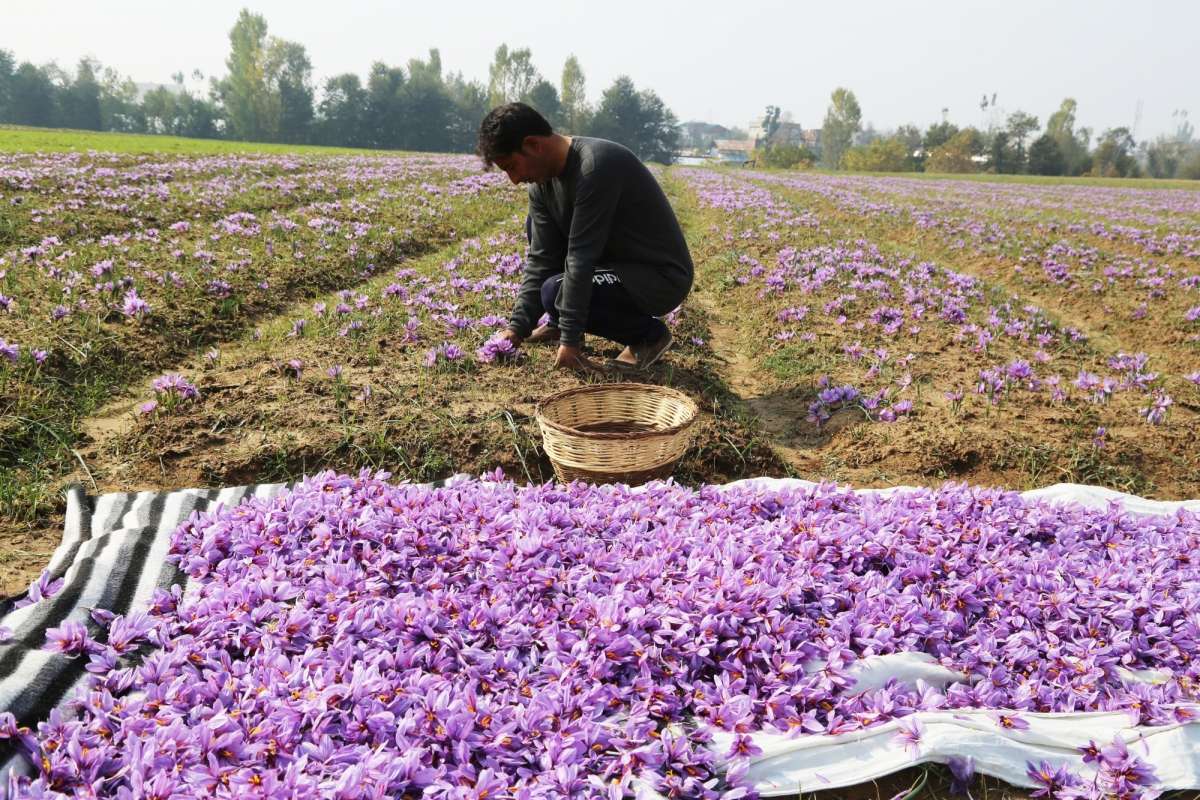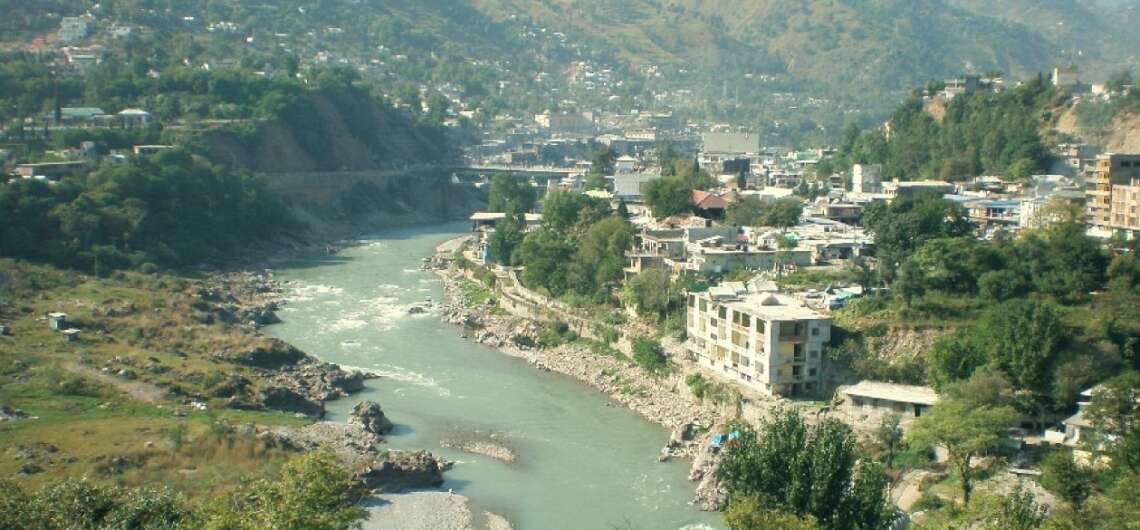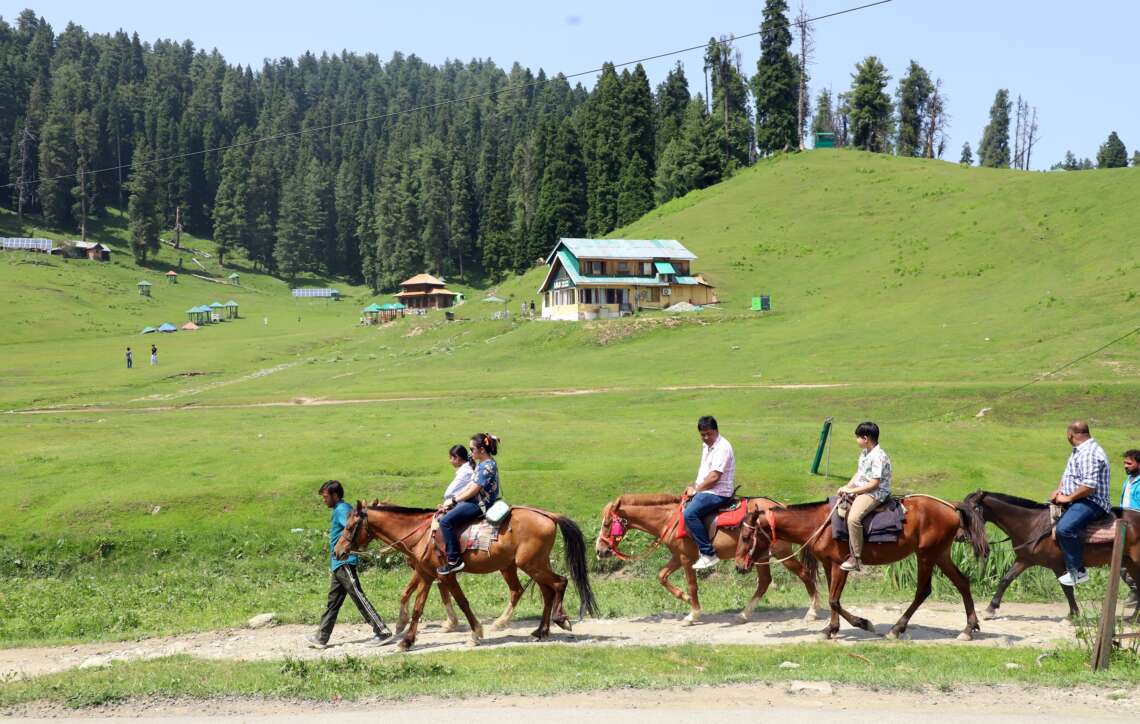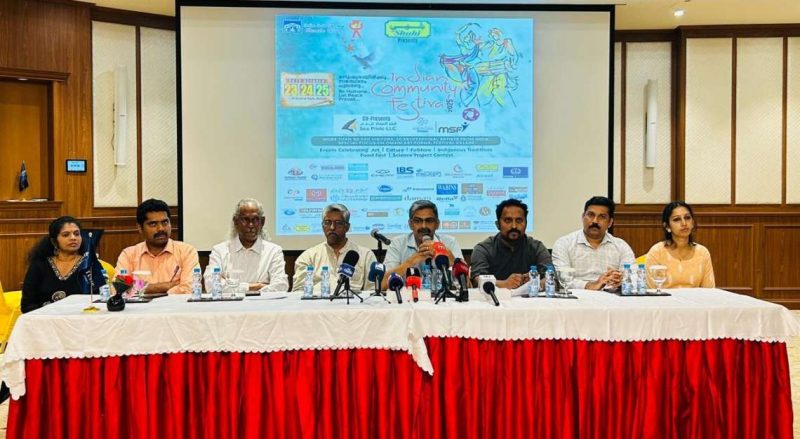New innovations have replaced traditional agricultural practices. Returns have increased, attracting the youngsters towards the agriculture industry in the Union Territory…reports Asian Lite News
Farmers are emerging as key players in ‘Naya Jammu and Kashmir’. They have become a force to reckon with as the government has devised multiple schemes and programmes for their empowerment.
Recently, the J&K government launched Seed Authentication, Traceability and Holistic Inventory (SATHI), a national portal for automation of the entire life cycle of seed which includes seed production, certification, traceability and supply chain.
The portal, according to the government officials, has been launched as a part of the farmers’ welfare programme.
The two seed certification agencies of J&K regions have been linked with centralised online seed traceability SATHI, a portal developed for capturing various parameters such as grower details, seed testing details, lot details, sample details, certification agency, among others of notified seed varieties.
The initiative would help farmers to buy quality and genuine seeds. With the help of smartphones, farmers can scan the Quick Response (QR) code on the seed packing and various details about the seed will flash on the screen, which will allow farmers to cross-check whether they are buying good quality seeds or not.
In 2022, the J&K administration spent around Rs three crore to produce seeds in its farms across Kashmir on modern scientific lines. Procuring and producing quality seeds are important for the successful cultivation of crops.
The introduction of quality seeds is a step towards enhancing the production which would boost the income of farmers in J&K.
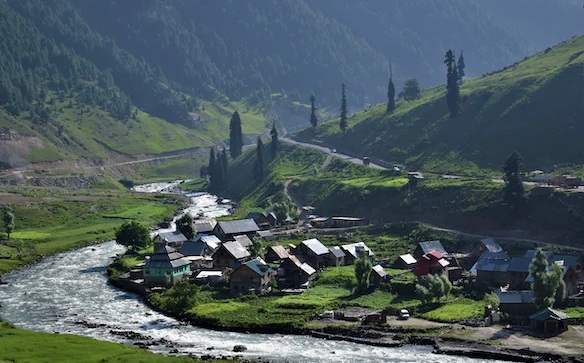
Sensor-based Smart Agriculture project
The government has also approved an ambitious Rs 30.40-crore project “Sensor-based Smart Agriculture” envisaging integration of agriculture with technology driven by artificial insemination and internet of things (IoT) for automation of practices, enhanced resource use efficiency and profitability.
The project aims at establishing hi-tech polyhouses for cultivation of cash crops around the year with the application of IoT and automation for monitoring microclimatic parameters of plants.
Introduction of the green house technology is aimed at making vegetables available even in the off season.
The main aim of the government is to make J&K self-reliant vis-a-vis vegetable production.
Procuring good quality seeds and developing green houses are major strides towards turning agriculture into an all-weather industry, especially in Kashmir, where vegetables cannot be grown in the open fields during harsh winter season and chilly conditions.
The “Sensor-based Smart Agriculture” project is one among the 29 projects, which were approved by the J&K administration after being recommended by the Union Territory Level Apex Committee for holistic development of agriculture and allied sectors in the Himalayan region.
Farming becomes different ball game
After August 5, 2019 — when the Centre announced its decision to abrogate J&K’s special status and divided it into two Union Territories — many steps have been taken to enhance the income of farmers.
The government has devised a clear-cut policy to secure a comprehensive transformation in the livelihood of farmers in J&K. The technological interventions and diversifying support systems in the agriculture and allied sectors have turned farming into an entirely different ball game.
Last year, the government restructured the Agriculture Production Department with an aim to double the income of farmers, orchardists and people dependent on animal, sheep husbandry and fisheries for their livelihood.
The restructuring of the key department has brought all the welfare schemes for the farmers under one roof. The farmers no longer have to run from pillar to post to get the loans and subsidies. The single window system has made things easier for them.
Latest innovations are helping farmers to predict weather, assess crop and soil health. The very concept of farming in J&K has changed.
Besides enhancing the production, the government is concentrating on value addition like branding, marketing and packaging.

New innovations replace traditional practices
New innovations have replaced traditional agricultural practices. Returns have increased, attracting the youngsters towards the agriculture industry in the Union Territory.
Despite 70 per cent of people being dependent on agriculture and allied sectors for their income in Jammu and Kashmir, former political regimes didn’t pay much attention towards turning agriculture into a vibrant sector.
For seven decades Kashmir remained dependent on vegetables that reached the Valley from other states, especially in the winter season. It’s for the first time in all these years that the government is working on projects like protected cultivation and smart livestock farming.
If these projects give the desired results, there is every possibility about Kashmir becoming self-reliant in vegetable production even in the winter season.
The aim is to keep the farmers busy all throughout the year, increase the use of resources and improve efficiency by up to 80 per cent and automate agricultural operations with precision.
All these innovations were a dream till 2019 as the people associated with the agriculture sector were made to believe that nothing can change and they have to remain content with the traditional methods of farming.
Youth show the way
Youngsters from agricultural family background had almost given up farming due to poor returns and low income. But during the past three years, many youngsters have chosen agriculture as their source of livelihood as the government has taken massive steps to infuse a new life into the dying agrarian sector in J&K.
From seeds to packaging, the government is helping the farmers at every step. Financial institutions are providing liberal funding to the farmers, orchardists and the ones associated with dairy farming.
As of now, young boys and girls have set up dairy and poultry farms across J&K. Many youth have taken up modern farming to earn a living. They are making full use of technology to grow vegetables, apples and other products in their fields and sell these in open markets.
Improvement in road connectivity has brought the markets closer and the good quality cash crops are fetching good prices in ‘Naya Jammu and Kashmir’.
The J&K administration is working hard to fulfill the dream of Prime Minister Narendra Modi to uplift the standards of living of a common man in the Union Territory. Farmers are emerging as a force all set to drive the economy of the Himalayan region in the near future.


